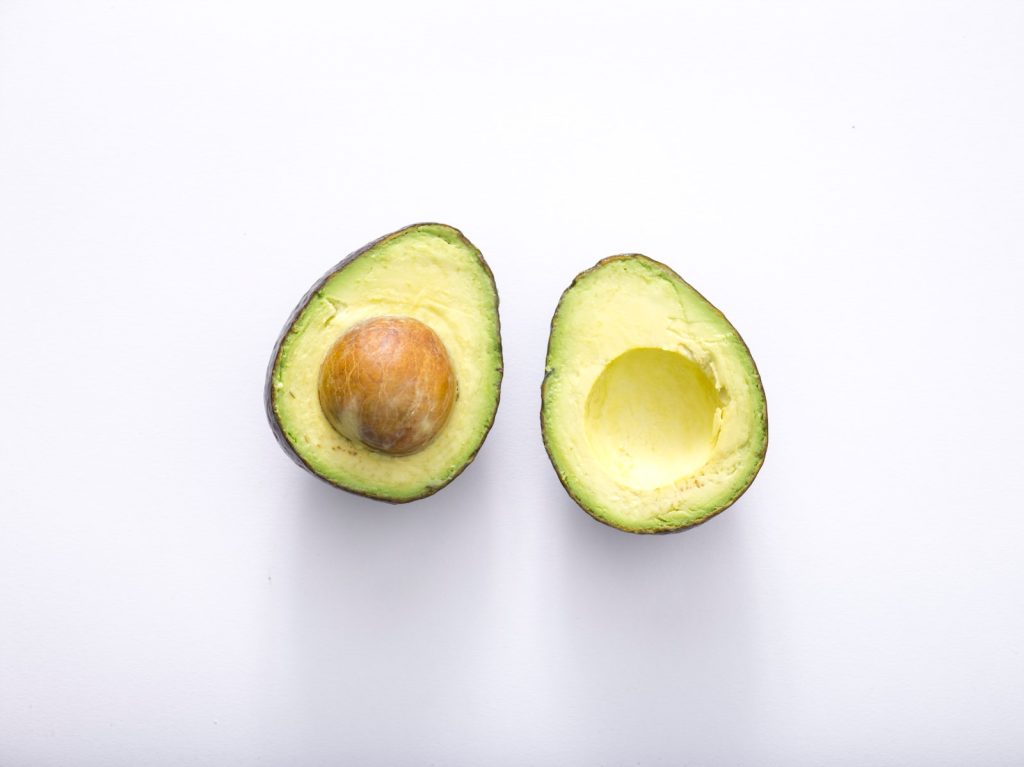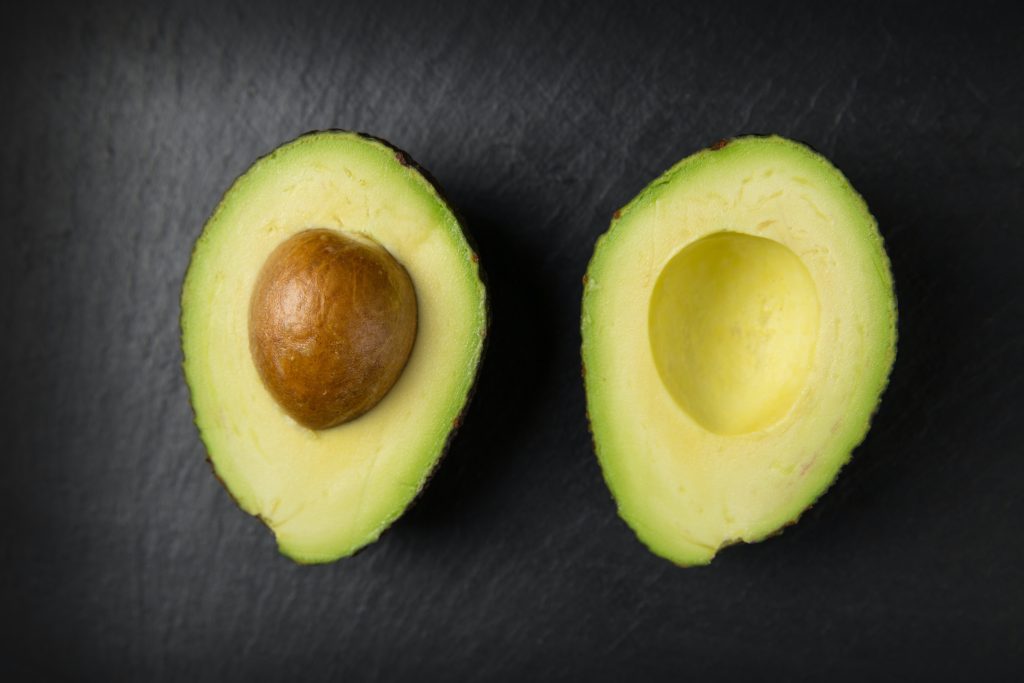Avocado, often referred to as “nature’s butter,” has taken the health and culinary world by storm. This creamy, nutrient-dense fruit is not only delicious but also packed with essential vitamins, minerals, and healthy fats. Whether you’re spreading it on toast, blending it into a smoothie, or adding it to a salad, avocados are a versatile and nutritious addition to any diet.
In this blog post, we’ll dive into the properties, benefits, and potential contraindications of this beloved superfood.
What Makes Avocado Unique?
Avocados are unlike most fruits because they are low in sugar and high in healthy fats. Native to Central and South America, they have been cultivated for thousands of years and are now enjoyed worldwide. The most common variety is the Hass avocado, known for its rich, buttery texture and mild, nutty flavor.
Nutritional Properties of Avocado
Avocados are a nutritional powerhouse, offering a wide range of essential nutrients:
- Healthy Fats: Avocados are rich in monounsaturated fats, particularly oleic acid, which is known for its heart-healthy benefits.
- Fiber: A single avocado provides about 10 grams of dietary fiber, supporting digestion and gut health.
- Vitamins: They are an excellent source of vitamins C, E, K, and B-complex vitamins like folate (B9).
- Minerals: Avocados contain potassium (even more than bananas!), magnesium, and small amounts of iron, zinc, and copper.
- Antioxidants: They are packed with antioxidants like lutein and zeaxanthin, which are beneficial for eye health.
Health Benefits of Avocado
- Supports Heart Health
The monounsaturated fats in avocados help reduce bad cholesterol (LDL) while increasing good cholesterol (HDL). This balance is crucial for maintaining cardiovascular health and reducing the risk of heart disease. - Promotes Healthy Skin and Hair
The healthy fats and vitamins E and C in avocados nourish the skin and hair, promoting elasticity, hydration, and a youthful glow. Avocado oil is also a popular ingredient in skincare products. - Aids in Weight Management
Despite being calorie-dense, avocados can help with weight management. Their high fiber and fat content promote satiety, reducing the likelihood of overeating. - Improves Digestion
The fiber in avocados supports a healthy digestive system by promoting regular bowel movements and feeding beneficial gut bacteria. - Boosts Eye Health
Avocados contain lutein and zeaxanthin, antioxidants that protect the eyes from harmful blue light and reduce the risk of age-related macular degeneration. - Regulates Blood Sugar Levels
The healthy fats and fiber in avocados help stabilize blood sugar levels, making them a great choice for people with diabetes or those looking to maintain steady energy levels. - Supports Brain Health
The monounsaturated fats in avocados support brain function and may help improve memory and cognitive performance. Folate, found in avocados, is also essential for brain health and development. - Rich in Potassium
Avocados are one of the best sources of potassium, a mineral that helps regulate blood pressure, balance fluids, and support muscle and nerve function.
How to Enjoy Avocado
Avocados are incredibly versatile and can be incorporated into your diet in countless ways:
- On toast: Spread mashed avocado on whole-grain toast and top with a sprinkle of salt, pepper, and chili flakes.
- In salads: Add sliced avocado to salads for a creamy texture and extra nutrients.
- In smoothies: Blend avocado with spinach, banana, and almond milk for a creamy, nutrient-packed smoothie.
- As a dip: Make guacamole by mashing avocado with lime juice, cilantro, onion, and tomato.
- In desserts: Use avocado as a base for healthy desserts like chocolate mousse or pudding.
Contraindications and Considerations
While avocados are generally safe and beneficial for most people, there are a few situations where caution is advised:
- High Calorie Content
Avocados are calorie-dense due to their high fat content. Overconsumption can lead to weight gain, so it’s best to enjoy them in moderation (about 1/4 to 1/2 an avocado per serving). - Latex Allergy
Some individuals with a latex allergy may experience cross-reactivity with avocados, leading to symptoms like itching, swelling, or difficulty breathing. This condition is known as latex-fruit syndrome. - FODMAP Sensitivity
Avocados contain polyols, a type of FODMAP that can cause digestive discomfort in people with irritable bowel syndrome (IBS) or similar conditions. - Medication Interactions
Avocados are high in vitamin K, which can interfere with blood-thinning medications like warfarin. If you’re on such medications, consult your doctor before adding avocados to your diet. - Allergies
Although rare, some people may have an avocado allergy. Symptoms can include itching, swelling, or gastrointestinal discomfort.

Avocados are a true superfood, offering a wealth of health benefits thanks to their rich nutrient profile. From supporting heart health to promoting glowing skin and aiding digestion, this creamy fruit is a delicious and versatile addition to any diet.
However, like any food, it’s important to enjoy avocados in moderation and be mindful of potential contraindications.

